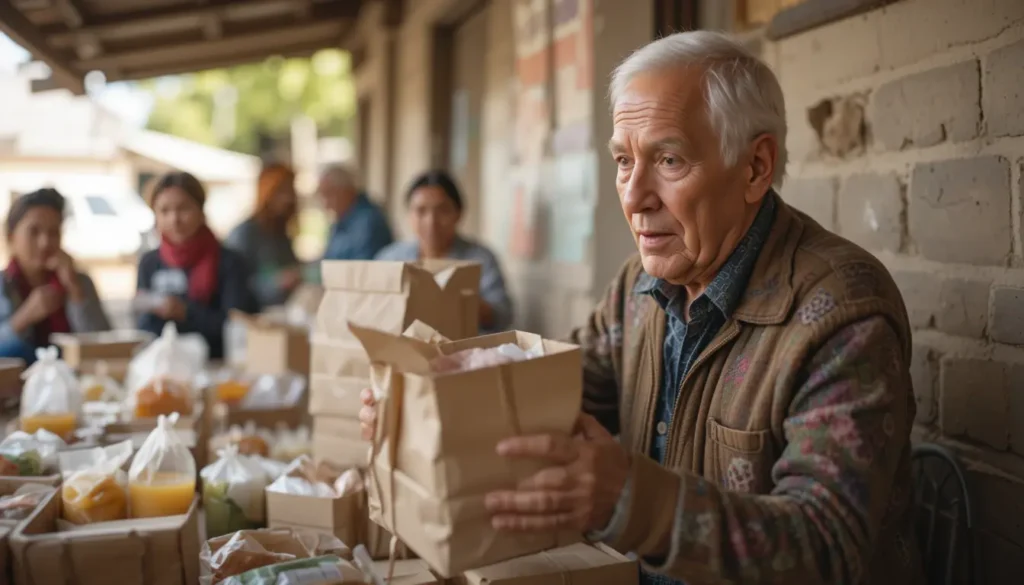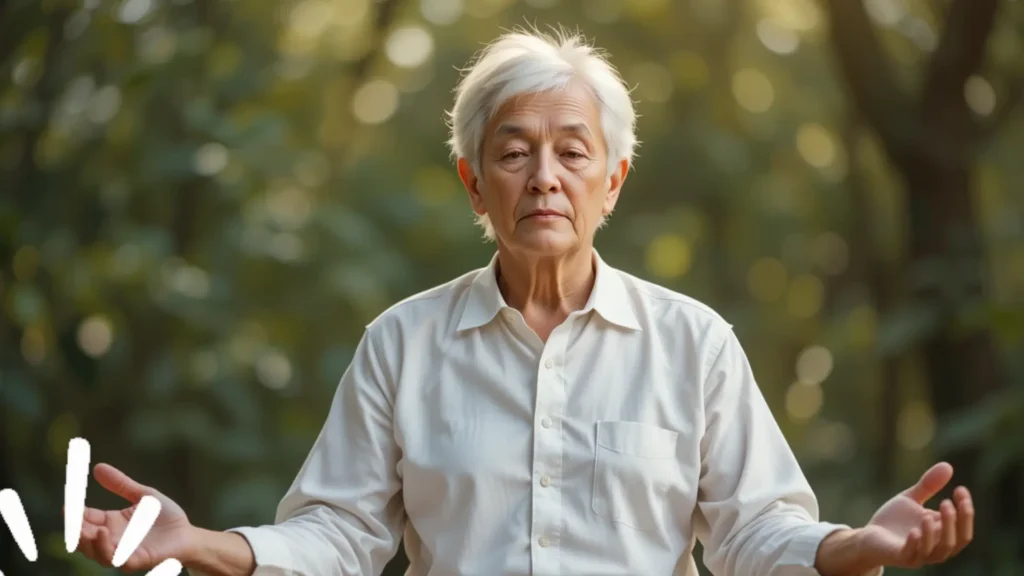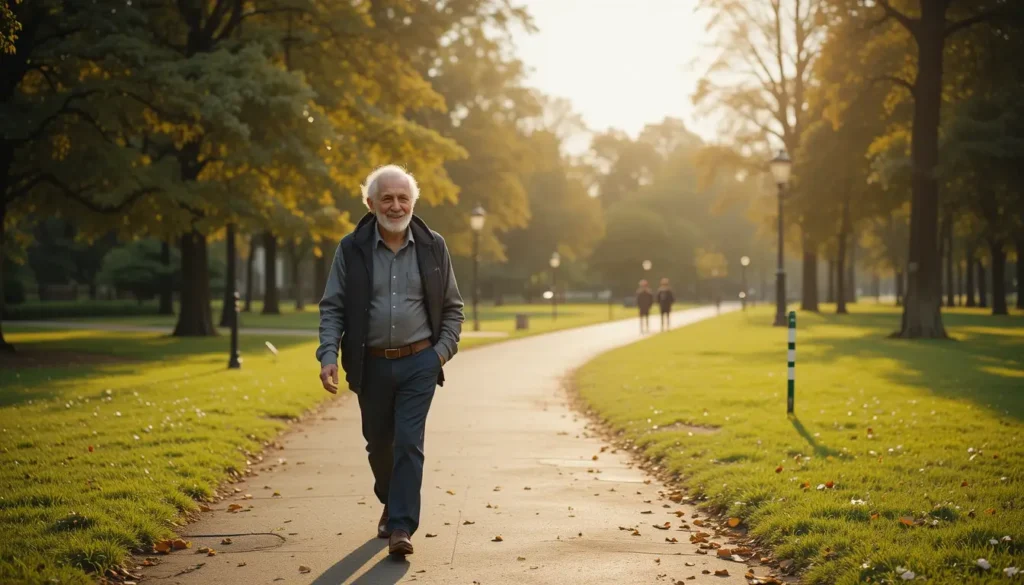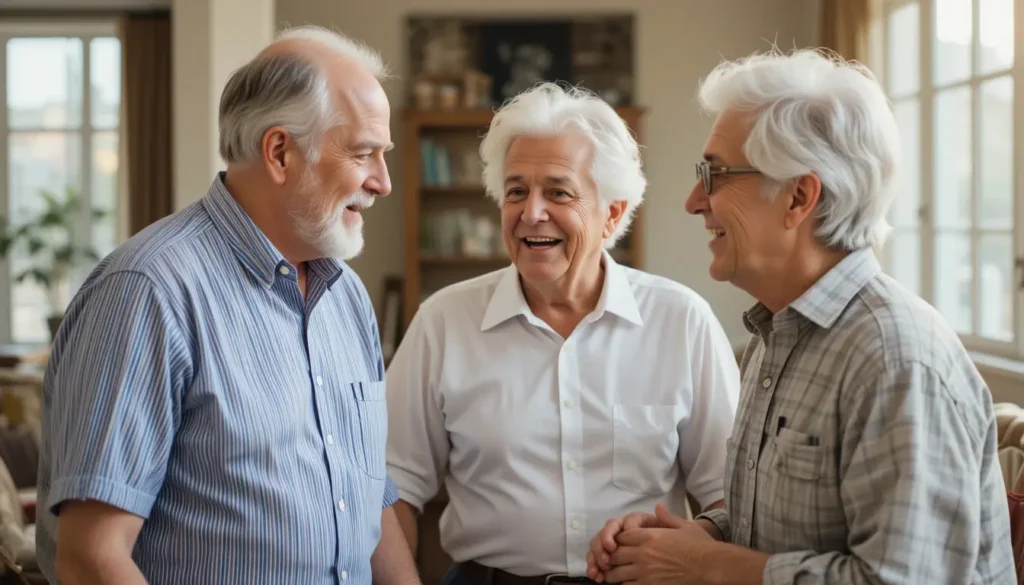You want more from your day. You want to feel useful, stay active, and connect with others. Volunteering can do all of that. And it doesn’t have to be hard or tiring.
You don’t have to travel far or commit to full-time help. Small steps make big change. There are many ways to give back in your community. Some take one hour. Some take five. But all of them give you purpose.
This guide will show you how to choose the right kind of volunteering for your needs. You’ll learn the best roles, where to find them, and what each one gives you in return. Ready to feel more alive and needed? Keep reading.
Start with What You Already Know
You don’t need to study something new to start helping. You already have skills that matter. Think about what you did during your working years. Were you in customer service, education, healthcare, or trade work? That experience still has value. So do your hobbies—cooking, sewing, fixing things, organizing, or gardening.
Use what’s already in your hands. If you were a teacher, offer tutoring through your library or a local school. Many school districts have programs where retired teachers help kids who struggle with reading or math. Some programs, like “Reading Partners” or “AARP Experience Corps,” focus only on seniors helping children.
If you worked in healthcare, consider helping at a community clinic, Red Cross blood drive, or health fair. These events need calm, kind people to check in guests, manage sign-in tables, or explain forms. You don’t need to give medical advice—just your presence and support helps the clinic run smoother.
If you enjoy baking or cooking, you can support a meal delivery service like Meals on Wheels. In most cities, they need people to pack food or prepare trays, not just deliver them. Some soup kitchens run baking days where volunteers make simple desserts in batches. Your hands can make someone’s day better.
If you were in customer service, office work, or sales, your communication skills can help at community centers, shelters, or local events. You can answer phones, greet guests, or help set up. These roles don’t need strength, but they do need someone who listens well and speaks clearly. You already know how to do that.
Many groups actively seek seniors because they bring something special: calm, experience, and consistency. Younger people may come and go. Seniors stay. You’re more likely to be on time, follow through, and bring a thoughtful approach. That’s not just helpful—it’s rare. It builds trust.
Start with your local senior center or community hub. Visit or call. Most have a bulletin board or newsletter with current needs. Ask if they match volunteers with roles based on skills or interest. Many centers work with libraries, food banks, hospitals, and schools. Some have partnerships with national programs designed for older volunteers.
Here are low-barrier, high-impact ideas to begin with:
- Library help. Many public libraries need seniors to sort books, label items, or help during story hours. You can also support quiet programs like puzzles or writing workshops. Libraries are calm places, and they respect older volunteers.
- Food bank support. Food pantries and meal programs need help with sorting canned goods, building food boxes, and organizing donations. You can work behind the scenes or greet people who come in. According to Feeding America, seniors make up 15% of food bank volunteers nationwide.
- Clothing drives. Local shelters, churches, and school programs collect clothes for people in need. They need help folding, sizing, and hanging donated clothes. Some also have “client choice” days where volunteers help people choose outfits for interviews or school.
- Tutoring or reading buddy. Public schools, libraries, and nonprofits welcome older adults to sit with children who are behind in reading. One-on-one reading support has proven benefits for kids’ success. And the calm, gentle presence of an older adult makes kids feel safe.
- Hospital or clinic greeter. Hospitals and clinics run better when someone is there to direct foot traffic. Seniors are perfect for this. You’ll sit at a desk and help people find their way. Many hospitals offer short training and shift options under three hours.
All these jobs are local. They are needed every week. They don’t involve lifting, rushing, or standing too long. You can give your time in short blocks and still make a big difference.
Start with what you already know. What you have is more than enough. You’re not starting from zero—you’re starting from experience.
Try Something That Gets You Moving
You don’t have to sit still. Some seniors want motion. They want to be on their feet, using their body in ways that feel good. If that’s you, pick roles that let you move—but not too fast.
Walking, standing, bending a bit—these all keep you strong. And they help others in the process. Movement with purpose is better than exercise alone.
Movement-based volunteer ideas:
- Park cleanups. Bring gloves and a bag. Pick up trash with a team.
- Animal shelter help. Walk dogs. Brush cats. Restock supplies.
- Farmers’ markets. Hand out flyers. Help vendors set up tables.
- School crossing guards. Keep kids safe during busy times.
- Community gardens. Pull weeds. Water plants. Share tips.
Every one of these gets you fresh air. Every one of them builds muscle and balance. And every one of them makes the world around you better.
Do one small shift a week. One hour. Two hours. It builds into something you can feel proud of.
Not everyone wants—or can—leave the house. That’s okay. You can still give back. Some of the most helpful jobs can be done at your kitchen table.
If you can sit and talk, you can give. If you can write, you can help. If you have a phone or computer, you can reach someone who feels alone.
From-home volunteering ideas:
- Call check-ins. Many groups look for people to call others once a day. It helps seniors who live alone. It helps caregivers feel less stressed.
- Letter writing. Some groups send cards to veterans, kids, or hospital patients.
- Remote tutoring. Help a child learn to read through video calls.
- Translation. If you speak another language, help local groups translate flyers or forms.
- Support groups. Join online spaces where people help each other through grief, health issues, or big changes.
These jobs are not small. They hold real weight. You can sit in your chair and change someone’s day.
Call your local community center and ask what remote volunteer jobs exist. You can also check national websites. Many let you filter by “work from home” or “senior-friendly.”
Share Your Life Experience
You’ve lived through times of change, challenge, and growth. That experience is rare—and it’s needed now more than ever. Young people face a world full of fast answers but little guidance. They need steady voices. They need people who listen without judgment. You can be that person.
Your life story is more than a collection of years. It’s a toolbox full of real-life lessons. The way you handled stress, raised children, managed money, found work, or stayed healthy—those are things someone else is trying to figure out right now. They don’t need a perfect answer. They need a real one from someone who’s been there.
This kind of help builds deep trust. It’s not about filling out a form or serving a meal. It’s about giving your time, your attention, and your honesty. It’s about being a calm, consistent presence in someone’s life.
Here are roles that use your life story to help others grow:
- Mentoring youth. Many teens feel disconnected or unsure about their future. Programs like Big Brothers Big Sisters, local after-school clubs, and school-based mentoring groups need older adults who can meet regularly with a teen to talk, listen, and guide. You don’t need to fix their life—you just need to care.
- Job coaching. Many young adults applying for jobs have no one to help them prepare. If you’ve worked, you know what a good resume looks like. You know what employers expect. Workforce centers and libraries run volunteer job coaching events where you can offer mock interviews, resume reviews, and career advice.
- Support group leader. Whether it’s grief, chronic illness, caregiving, or life after divorce, shared struggles connect people. Support groups need kind, stable leaders who help others feel heard and understood. Many community centers or churches offer free training for peer-led groups. You don’t need to be a therapist—you need to be present.
- Workshop teacher. Did you raise a family on a budget? Fix your own car? Learn to cook from scratch? That knowledge helps someone else. Teach a one-hour workshop at your senior center, library, or community hall. Groups are always looking for real people to share basic skills. Topics can include cooking, sewing, planning meals, managing money, using a phone or tablet, or keeping a simple calendar.
- Advisory roles. If you want to shape the future of your neighborhood, apply for advisory boards. Local governments, school districts, senior services, and health clinics value input from older adults. These boards help decide how services are offered, how spaces are used, or what programs get funding. You can be a quiet force behind good decisions.
Many of these roles are supported by national and local programs. AARP, AmeriCorps Seniors, and RSVP (Retired and Senior Volunteer Program) match people over 55 with mentoring, coaching, and leadership roles. These programs offer training, support, and flexible hours.
When you share your story, you give someone a path. If you’ve made a mistake, someone can avoid it. If you’ve made it through hard times, someone can feel hope. If you’ve reached a goal, someone can see what’s possible.
These are not small acts. They bring meaning to you and the person you help. They create real connection and lasting change. They also remind you of everything you’ve already overcome.
You don’t need letters after your name. You don’t need to be perfect. You need time, care, and a willingness to share. That’s all—and it’s more than enough.
How to Start — Without Delay or Doubt
Most people don’t start because they wait. They wait to feel more ready. They wait to feel less tired. They wait for someone to ask.
Don’t wait.
Start with one step.
Call your local senior center. Ask if they have a volunteer match form. Ask about short shifts. Ask if they offer rides or simple tasks. Ask if you can try just once.
Or search your city name + “volunteer for seniors” online. Pick one link. Click. Read. Call.
Still unsure? Ask yourself:
- Do I want more connection in my day?
- Do I want to feel useful again?
- Do I want my time to matter?
If the answer is yes, then try one new thing this week. A two-hour shift. A phone call. A short visit. One act. Then do it again next week.
Volunteering does more than help others. It lifts you too. It sharpens your mind. It gives you goals. It fills your time with people, not silence. It builds habits. It brings pride. It gives your day shape.
Science backs it up: seniors who volunteer live longer. They feel better. They stay sharper. They sleep more easily. They move with more confidence. Their health improves, not from medicine, but from meaning.
You don’t need to change the world. You just need to change one day—for someone else.
And in doing that, you change your own.




